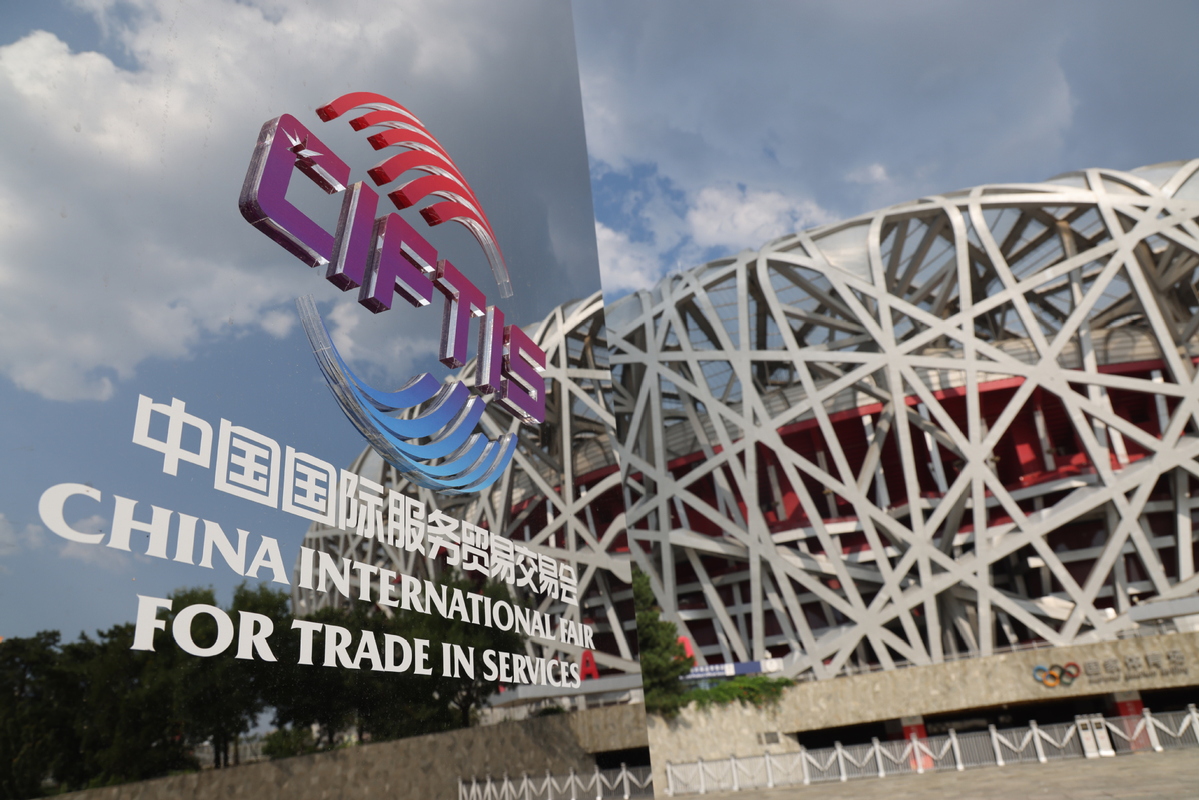CIFTIS to facilitate service trade between China, Eurasian countries, says expert


BEIJING - The upcoming China International Fair for Trade in Services (CIFTIS) will build a more convenient service trade cooperation platform for China and Eurasian countries, a senior Chinese expert on international trade told Xinhua in a recent interview.
In recent years, thanks to the joint construction of the Belt and Road Initiative (BRI), China's service trade with Eurasian countries has developed rapidly, noted Liu Huaqin, director and researcher of the Eurasian Institute of the International Trade and Economic Cooperation Research Institute under the Ministry of Commerce.
The continuous promotion of bilateral cooperation in the field of service trade will contribute to the sustainable development of the BRI, she said.
Most Eurasian countries are located along the China-Europe Express Railway, she noted, adding that in the first half of this year, this express line ran 5,122 trains, up 36 percent year-on-year, which strongly promoted the development of transportation services between China and countries alongside.
In terms of travel services, Belarus, Russia and other countries have provided Chinese citizens with policies including visa-free group tours to promote the prosperity of local tourism, she noted, adding that contracted projects under the BRI framework have also driven the development of construction services.
"Though the continuous spread of the novel coronavirus impacted some traditional areas of service trade, it has also build up new momentum for service trade cooperation between China and Eurasian countries," Liu said.
The fastest growth amid the epidemic has been seen in the services based on digital economy, including cross-border e-commerce, telecommuting services, and wireless payment services, she said.
"In medical services there has been a rapidly developing new format amid the epidemic," she added, taking the Urumqi cross-border telemedicine platform as an example.
According to Liu, the platform, jointly built by the local government and enterprises, offers services in four languages: Chinese, English, Russian and Arabic, connects more than 100 hospitals in nine neighboring countries, and has the potential to expand its service to other countries and regions in the future.
In addition, there is great potential for cooperation between the two sides in the fields of telecommunication, computer and information services, she said, stressing that the development of trade in services can promote trade in goods and investment and foster new growth points.
Liu viewed this year's CIFTIS as a platform to facilitate trade in services for China and Eurasian countries, which is conducive to improving bilateral cooperation on trade in services and enhancing the development of new industries such as winter sports, robot services and 5G communication services.
On the joint construction of the Belt and Road, Liu said that the Belt and Road cooperation includes extensive personnel exchanges in tourism, education, culture, science and technology and other fields, which actually fall into the category of service trade.
"Trade in services can integrate cultural and people-to-people exchanges and form a commercial mode, which not only helps realize mutual benefit and win-win through trade, but also serves the purpose of cultural and people-to-people exchanges," Liu said.
Trade in services provides new ideas and new directions for the joint construction of the Belt and Road and also offers important support for its sustainable development, she added.
- China promotes high-quality development of service trade
- China Intl Fair for Trade in Services to be held in Beijing
- 190 forums and negotiations to be held during CIFTIS
- Over 17,000 companies confirmed to attend 2020 CIFTIS
- China's intl trade fair to help resist global economic shrinking: Egyptian expert




































